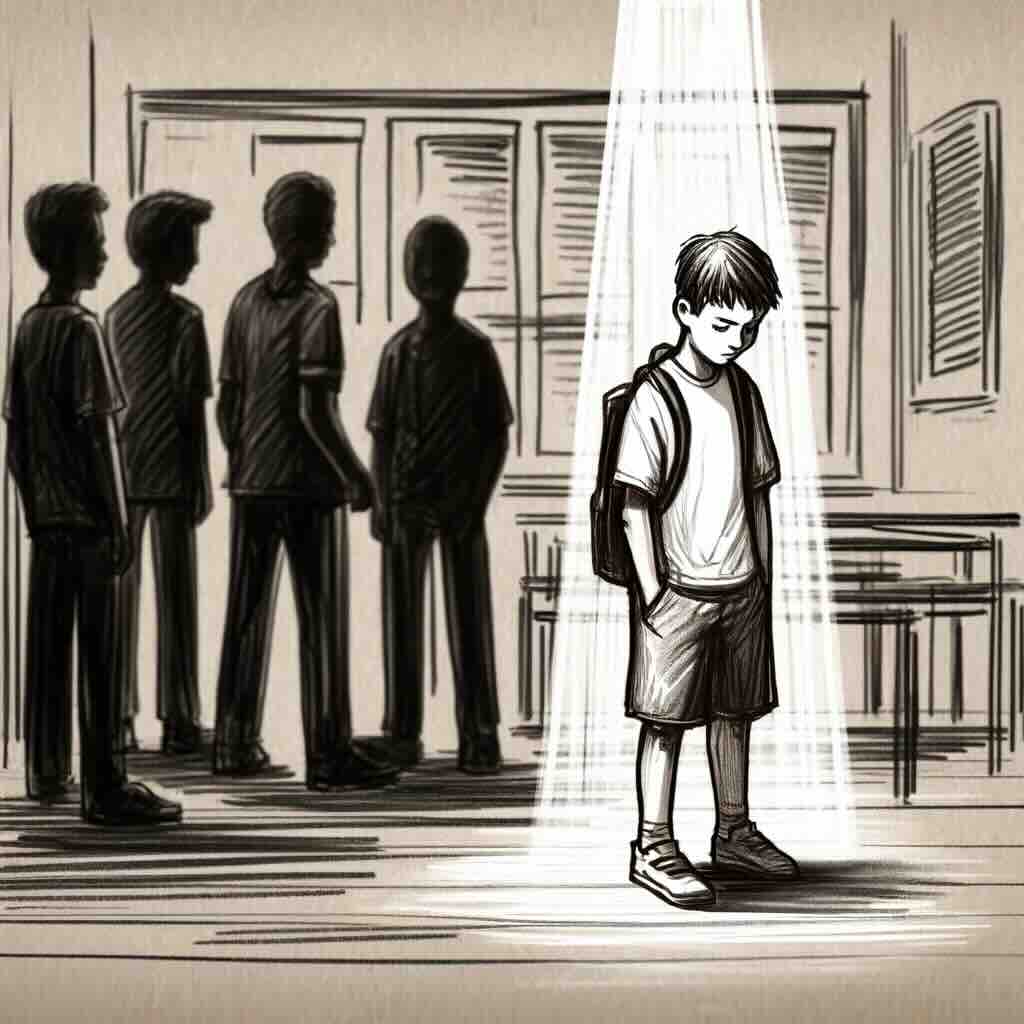Discovering that your child is being bullied can evoke a maelstrom of emotions—anger, sadness, frustration, and perhaps a sense of helplessness. It’s a harsh reality that many children face at some point in their lives. As parents, our primal instinct is to protect our children from harm, but when it comes to bullying, the best strategies involve support, empowerment, and action that goes beyond our immediate instincts. Here’s a comprehensive guide on what to do if your child faces bullying.
1. Listen Without Judgment
The first and most crucial step is to listen. If your child comes to you with a bullying issue, it’s essential to listen attentively, without interrupting or downplaying their feelings. Acknowledge their courage in sharing their experiences. Assure them that it’s not their fault and that they have your full support.
2. Understand the Details
Get a clear understanding of what’s happening. Ask questions that help you comprehend the situation without making your child feel interrogated. Who is involved? Where and when does the bullying occur? Are there any witnesses? Gathering details will help you assess the severity of the situation and determine the next steps.
3. Reassure and Empower Your Child
Reassure your child that they’re not alone and that there are ways to deal with the bullying. Empower them by discussing strategies to stand up to bullies safely, such as using assertive but non-aggressive language, staying with groups of friends, or finding safe places. Encourage them to engage in activities that boost their confidence and self-esteem.
4. Contact the School
If the bullying occurs at school, it’s vital to inform teachers or administrators. Approach the school as a partner in solving the issue rather than with blame. Schools have protocols for dealing with bullying, and they can take steps to address the behavior and monitor the situation. Keep detailed records of all interactions and agreements.
5. Develop a Safety Plan
Work with your child to develop a safety plan. This might include identifying safe places at school, adults they can trust, and ways to avoid the bully without feeling isolated. Ensure your child knows how to get help in an emergency.
6. Foster Open Communication
Keep the lines of communication open. Check in regularly with your child about the situation and their feelings. Encourage them to share both the good and the bad. This ongoing dialogue reinforces your support and helps you monitor the effectiveness of the actions taken.
7. Seek Professional Help if Needed
Bullying can have significant emotional effects. If your child shows signs of distress, anxiety, or depression, consider seeking help from a counselor or psychologist. Professional support can provide your child with strategies to cope with bullying and its emotional ramifications.
8. Teach Empathy and Inclusiveness
Educate your child about empathy and the importance of inclusiveness. Encouraging empathy in your child can help them understand the impact of bullying and the value of treating everyone with kindness and respect. This not only helps your child but can contribute to a more inclusive and supportive environment around them.
9. Advocate for Anti-Bullying Policies
Get involved in advocating for strong anti-bullying policies in your child’s school and community. Participate in parent-teacher associations, school boards, or community groups focused on creating safe environments for all children.
Conclusion
Dealing with bullying is a challenging but surmountable task. It requires patience, understanding, and proactive steps to support your child and address the issue effectively. Remember, by offering a listening ear, taking informed action, and providing unconditional support, you’re laying the groundwork for your child to overcome adversity and emerge stronger. Together, we can create a safer and more empathetic world for our children.